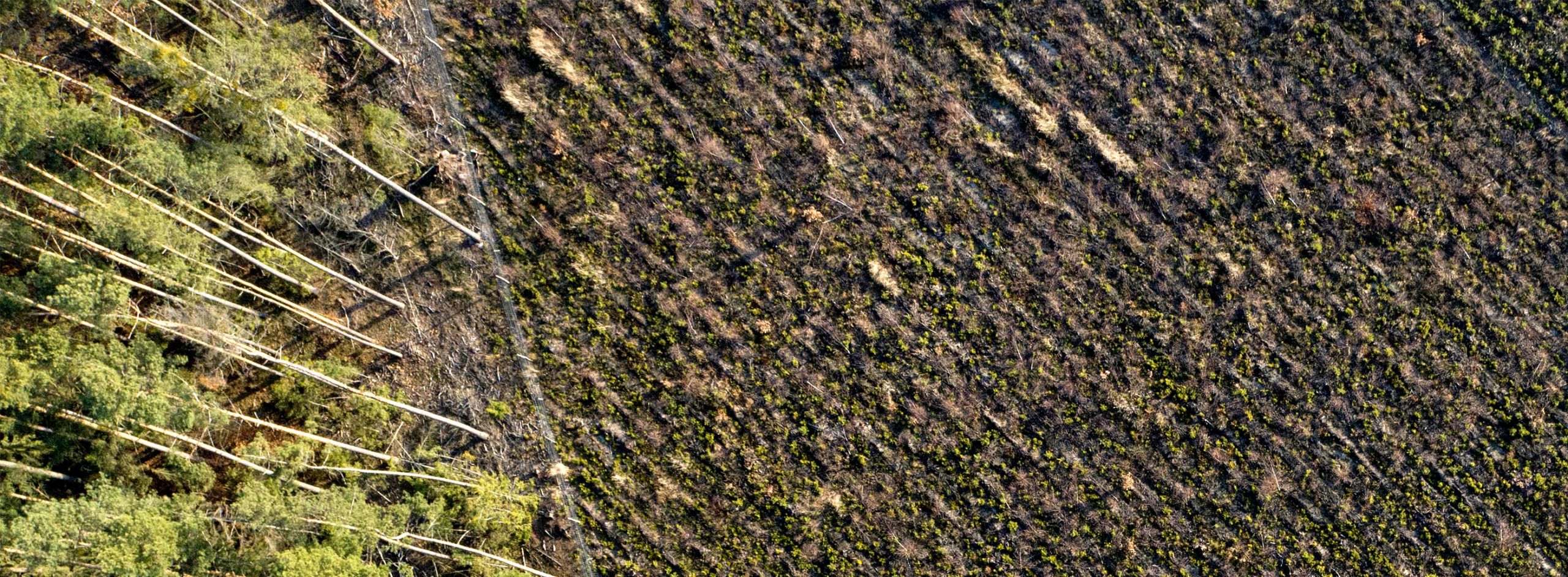“Commercial forests have the ability to deliver greater long-term climate benefits than previously thought”
It’s no secret to anyone “in the know” (especially not if they’re readers of this blog) that timber has an important part to play in the mitigation of climate change. The reason timber is so useful is that wood is basically a natural carbon capture and storage device. When we harvest a tree, we don’t release all the carbon it has absorbed during its lifetime – it remains “in storage” and stays that way when we build with it. Then, when we plant more trees, we are creating more carbon capture devices. So, in a sense, the timber trade is a mass-producer of carbon batteries… the more wood we use, the more trees we plant. And, as a result, the more carbon capture batteries we have soaking up and storing greenhouse gasses. That’s what we all already know.
What we don’t know – or didn’t, until a team at Bangor University published their research in peer-reviewed scientific journal Natural Communications, was that this is just a partial assessment of the timber trade’s contribution to the war against climate change. Eilidh Forster, a PhD student at Bangor and lead author on the study, said:
“Our goal was to undertake a really comprehensive life cycle assessment that considers the whole life cycle of carbon taken up by trees in new commercial forests. Because new forests won’t be harvested for another 50 years, the standard assessment approach of applying current technology emission factors to wood value chains is inaccurate. Therefore, we decided to apply projections of future technology deployment to better represent the likely long-term climate change mitigation achieved by harvested wood”.
A major finding from this study was the fact that, on the assumption that Carbon Capture & Storage (CCS) technology becomes widespread after 2070 (a relatively conservative assumption), then wood bioenergy actually becomes a “negative emission technology” – a technology that is capable of removing Co2 from the atmosphere long term. In other words, big new commercial forests could actually help to reverse some of the environmental impact of climate change, over a long enough time frame; and in the short term, it can buy valuable time for us to develop strategies and technologies to mitigate our impact on the planet.
Or we can put it another way: when you build with wood, you’re not just building a future for your customers and your business – you’re building a future for the planet too.
Whatever your timber needs, we’re here to help. Whether you know what you need, or you want an expert opinion on what timber would be best for your project, call Quercus on 0845 50 50 311.

